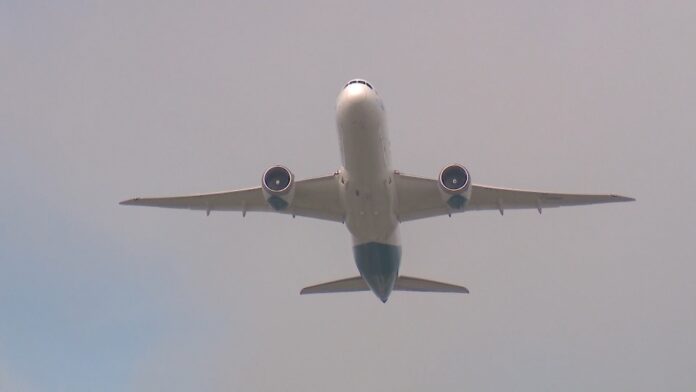Industry insiders are urging British Columbians to be patient and brace for sticker shock as the hospitality and travel industries prepare for an influx of visitors once the federal government eases pandemic restrictions.
Sources tell CTV News that as of April 1, the federal government will remove the requirement for a negative COVID-19 test upon entry to Canada, an expensive and time-consuming requirement that has kept many travellers at home until now. Those entering the country will still need to be fully vaccinated.
The timing has come as a surprise to many British Columbians who’ve already booked their summer vacations, and that could mean few options and higher prices for those not ready to travel internationally.
“The Gulf Islands, Tofino – everything is sold out – and in the Okanagan, you’re already seeing very high prices and limited availability, so you throw in international travelers to that and it’s going to be challenging if you haven’t already booked travel,” said Allison Wallace of Flight Centre.
“Travel is about supply and demand and we’ve already seen a massive rise in demand, so I think with the news coming out about testing, people aren’t going to wait till April 1 to book.”
She expects masks will still be mandated in aircraft, random PCR testing will be required upon arrival in Canada, and the Arrive Can app will be used to prove vaccination status.
PATIENCE URGED AS INDUSTRY RAMPS UP AFTER PANDEMIC SLOWDOWN
Destination BC believes the requirement for travellers to provide a negative rapid test under medical supervision has been an “excessive burden” since the tests have been expensive and often hard to obtain within the required time frame.
While the organization says the hospitality and tourism industries are enthusiastic about the return of international travelers, it acknowledges there may be challenges as operators prepare for demand levels not seen in nearly two years, and some people remain concerned about COVID-19 transmission.
“I hope people just have patience for each other and respect for the measures that are in place, because there are going to be different levels of comfort,” said Maya Lange, Destination BC’s vice president of global marketing.
“Enhanced safety and hygiene and some of the ptocosls put in place over the past 2 years, we expect some of those to continue.”
TOURISM BOOM COMES AMID STAFFING CRUNCH
B.C.’s tourism minister is thrilled with the imminent announcement, having lobbied the federal government to relax testing requirements to help revive the multi-billion-dollar industry she described as critical to the province’s economic plan.
“It’s big business for the province, it supports so many jobs and they’ve been through a lot o because of all the restrictions,” said Melanie Mark.
But CTV News asked whether she was concerned the industry wouldn’t be able to meet demand, and that the worsening labour shortage would hamper the sector’s recovery.
“You’re asking all the questions keeping me up at night and the challenges keeping the sector up at night, because it was a challenge before COVID,” said Mark. “The sector knows they have to be creative.”
She added that she’s urged the industry to offer competitive wages and flexible work hours and be proactive in promoting the type of work and how many openings are available in order to attract workers.
“I think they’ve recognized they need to change their approach,” Mark said.













